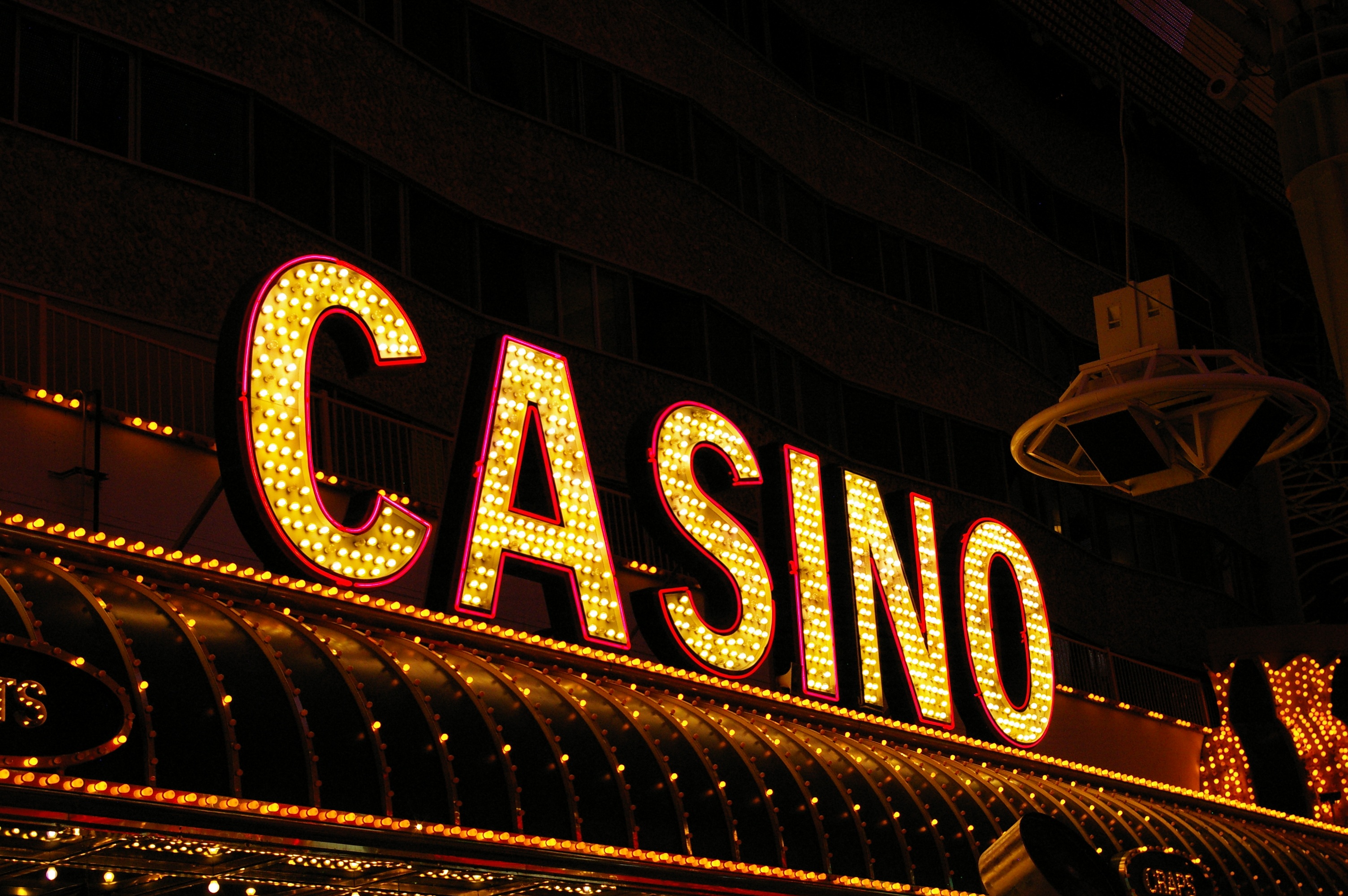
In the world of gambling, where chance and strategy meet, a unique tapestry of beliefs unfolds—one that intertwines luck, fate, and the enigmatic nature of casino games. Casinos, bustling with excitement and anticipation, are not just spaces for placing bets; they are also arenas where superstitions thrive. Ranging from the novice player to the seasoned gambler, these mysterious practices often shape how individuals approach the games they play, holding the belief that their actions can influence the outcome in ways that go beyond mere probability.
When players gather around roulette wheels, blackjack tables, and slot machines, the atmosphere is thick with stories of lucky charms, rituals, and codified behavior that defy logic yet provide a sense of comfort. Whether it’s wearing a specific outfit, following a particular sequence of bets, or even avoiding certain numbers, the attachment to various superstitions reflects a deep-rooted desire to control the uncontrollable. This article delves into the captivating world of casino game superstitions, investigating the beliefs that simultaneously entertain and mystify those who dare to play.
Historical Beginnings of Superstitions
Casino activities have long been interwoven with an host of superstitions that go back to ancient civilizations. The beginnings of these beliefs can be associated to humanity’s fundamental need to influence the random outcomes connected with fortune and chance. In primitive civilizations, games of chance were often tied to ritualistic practices. Gamblers would invoke blessings or request favor from gods, believing that their actions could influence the results in their benefit. This basis laid the foundation for the variety of superstitions that proliferated as casino games evolved over ages.
During the medieval period, betting became a common hobby across European nations, and with it, a colorful tapestry of superstitions appeared. Participants adopted numerous rituals and charms, believing they could change the outcome of games. The importance of digits, in particular, emerged to show in superstitions around card games and dice. The number 7 was often considered auspicious, while different numbers carried negative connotations. These notions mirrored the social contexts of the time, adapting as they moved through generations and transformed to new gaming environments.
As gambling houses emerged in the seventeenth century, particularly in Italy and France, the atmosphere surrounding gambling became saturated in enigma. Vip 79 The growing availability of gambling games allowed for the dissemination and growth of superstitions among players. Concepts like lucky charms, designated seating locations, and rituals gained prominence, creating a distinct culture within betting houses. As these traditions continued to thrive, they became integral to the essence of gambling games, illustrating how historical developments and culture shape the notions that influence how gamblers connect with fortune.
Popular Gambling Superstitions
Superstitions surrounding casino activities are abundant and varied, mirroring the hopes and fears of players as they engage in chance-based activities. One of the most prevalent beliefs is that certain numbers bring luck or bad luck. For example, the digit seven is often seen as a lucky digit, frequently sought after by players looking for a favorable outcome. Conversely, the digit 13 is routinely considered cursed, leading many gamblers to steer clear of it during their gaming sessions.
A common belief relates to practices that players believe can influence their odds. Whether blowing on dice before a roll, using a specific gesture to place a wager, or even wearing specific items of attire, many individuals feel that these rituals can tilt fate in their benefit. These practices offer a sense of control in an otherwise random environment, strengthening the idea that luck can be manufactured through individual convictions and customs.
Lastly, the environment and atmosphere of the gambling house itself contributes to myths. Many players suggest that the presence of specific symbols, such as four-leaf clovers or fortunate coins, can enhance their odds of success. Additionally, players might adhere to the notion that winning streaks can be halted by mundane occurrences, such as someone passing by or a accident at the table. Vip79 The shared atmosphere in a casino can amplify these superstitions, creating a communal culture of superstitions that transcends individual experiences.
Impact of Superstitions on Players
Beliefs play a significant role in the mindset of casino players, often affecting their behavior and decision-making. Numerous gamblers believe that fortune can be manipulated through various rituals, such as donning a talisman, selecting specific colors, or steering clear of particular digits. This reliance on superstitions can create a feeling of authority in an environment that is inherently unpredictable. Players often feel more self-assured and engaged when they feel that their actions could sway the result of a game in their advantage.
The impact of these superstitions extends past individual players, affecting the overall atmosphere within the casino. For example, a player who believes in the luck of a particular slot machine might attract a gathering, as others are intrigued by their apparent success. This collective belief can amplify excitement and create a dynamic environment, leading to an interesting experience even for those who may not necessarily be superstitious. The excitement around specific games can lead to increased participation and extended playing sessions, supporting the casino’s lively social scene.
In some instances, superstitions can lead to negative effects for players. Depending too heavily on rituals can result in bad gambling decisions, as some may overlook basic strategies in favor of baseless beliefs. Additionally, the stress to perform rituals may heighten anxiety and stress levels, detracting from the enjoyment of the experience. Ultimately, while superstitions can enhance the thrill of playing casino games, they can also lead to foolish choices that overshadow the fun and amusement intended in the casino experience.
